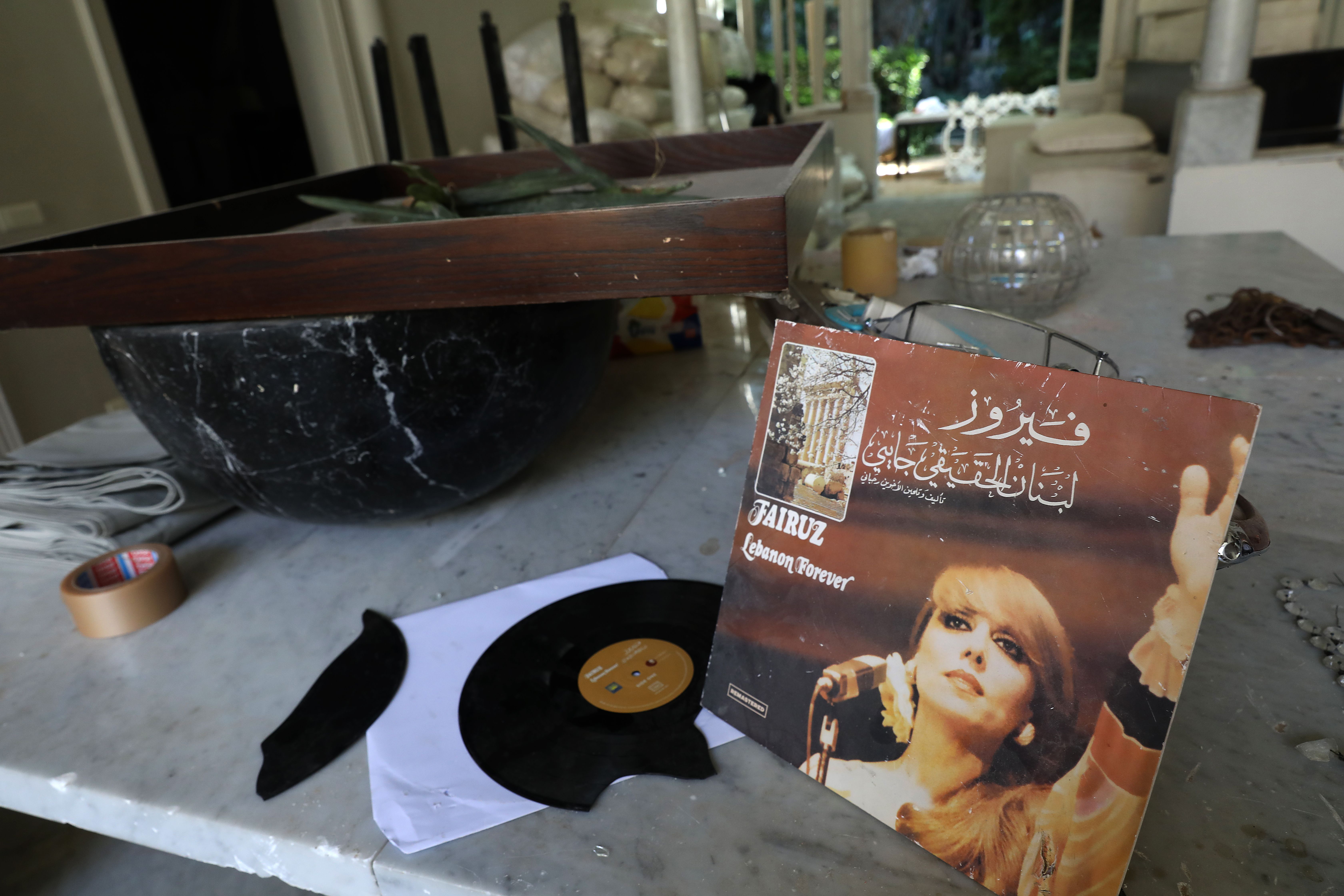The radiant “star” that once illuminated Lebanon’s sky at night may have dimmed, but the Beirut-based Arab Thought Foundation (ATF) could not but celebrate Fairuz.
The singer is hailed as “Lebanon’s ambassador to the stars,” “The neighbour of the moon” during more convivial times, and “the voice of poets” for her ethereal singing that captivated the greatest poets of the past century. On the occasion of her 88th birthday in November, the ATF paid homage to Fairuz by publishing a tribute collection titled “A Homeland Named Fairuz.”

Tragic history of a nation
During a time when the small “homeland” still shone brightly in the region, the legend sang: “I vow with my voice to sing for you / and have the entire world sing for you.” She concluded that song by proclaiming: “I devote my voice, my life, and even my death to the glory of Lebanon” — a country whose tragic history ultimately led to its fading into obscurity.
Fairuz’s Lebanon was not the only country to fall into the darkness. The neighbouring countries and cities that the legendary artist sang about, such as Syria, Palestine, Iraq, Damascus, Baghdad, Jerusalem, and Beirut, of course, had the same fate.
Indeed, Fairuz was, and may still be, a legendary figure in Lebanon, renowned not just within the country, but across the Arab world. However, history has a way of ambushing legends and icons who try to ignore or move beyond it and live outside its influence, dragging them into the turbulent and painful reality.
Her captivating voice, combined with the poetic lyrics and music of the Rahbani brothers and other collaborators, had enabled her to transcend boundaries and captivate audiences beyond the Levant — to the Maghreb and Arab Gulf.
The influence of history is at odds with the legends who arise and spread their influence among communities and imaginations trying to evade the grasp of history.
Fairuz’s tribute collection intends to chronicle the captivating legend whose melodious voice echoed throughout Lebanon and the Arab region, enchanting numerous generations and stirring emotions throughout different stages of their lives, before they and their countries were struck by the brutality of history.


















